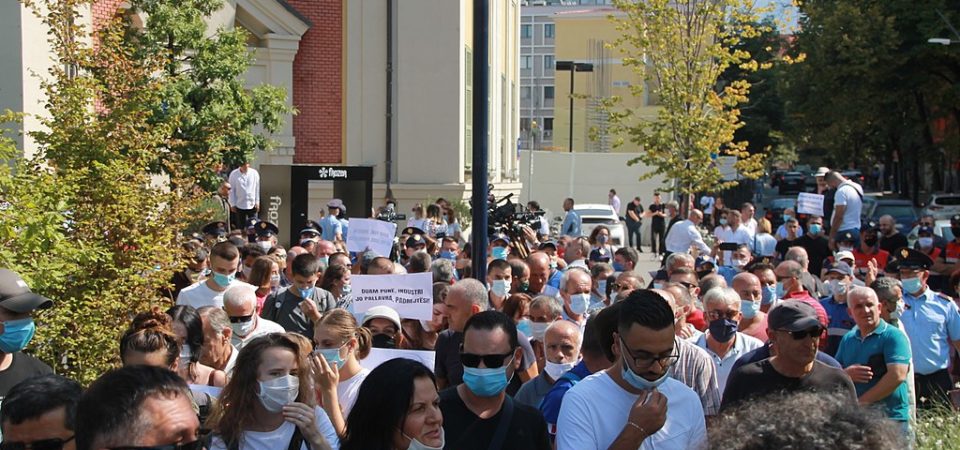I watched my 30-year-old garden slowly choke from the exhaust of cars and two-wheelers as people went to and from the economic behemoth that the Hitech City located in Hyderabad had become.
Fruit trees withered, greens were dull, and blooming flowers drooped. Nothing helped revive what had been a shared, rewarding activity and the extended family’s picnic spot. I felt the need to understand the bigger picture.
I picked up traction during the Covid pandemic. In the 21st century, the COVID-19 virus created confusion, economic chaos, and physical/mental agony across societies as another had done in the early 20th. Yet territorial disputes and armed conflicts didn’t lessen as we coped with the pandemic and faced the effects of global warming.
As a senior citizen, “bewildered” best describes me after extensive reading, conversations with knowledgeable people, and an online program I did on Environmental Issues. Scientists do the research and offer plausible causes and possible solutions with the help of technology. Timelines are given, the increase in temperatures to be avoided is debated, and data is collected about greenhouse emissions. Fossil fuels that lie at the core of the economic prosperity craved by all of us have been tagged as the chief culprits for global warming.
Governments pass laws, officials attend global conferences, and communiques are issued. Greenhousing and greenwashing are the new words I have to understand. Funding for renewable energy sources is becoming a focus for venture capital and “organic” and “green” are the buzzwords for upmarket retailing.
Every society has an active minority crying itself hoarse but the majority are yet in the internal combustion mindset. But cut to cut, it’s we, the people who have to understand, implement on a day-to-day basis, and raise our collective voice, or face the consequences.
Historically, when the majority raised its voice stridently, democratic processes sometimes emerged and took root in societies. Environmental issues need such mobilization across societies to force governments to work together to a plan.
A physician friend sent me an article about “climate anxiety” in young people [1]. It’s a small study of about 10,000 youngsters from different countries that deserves our attention. How can such stress be dealt with in the polarised discourse surrounding climate change? Continuing, open conversations in the home based on reliable information is a starting point. Environmental studies in school and college syllabi are vital both to comprehend and develop resilience to what lies ahead for the students of today. Job skilling is no longer enough for informed decision-making about the quality of life they will choose for themselves.
It’s heartening to read stories about young people across societies questioning and speaking out that positive action, not merely more “blah, blah”, is critical. The US Environmental Protection Agency expresses this need for skilling in environmental issues so clearly that I feel it needs to be reiterated in toto:
Environmental education is a process that allows individuals to explore environmental issues, engage in problem-solving, and take action to improve the environment. As a result, individuals develop a deeper understanding of environmental issues and have the skills to make informed and responsible decisions. Environmental education does not advocate a particular viewpoint or course of action. Rather, environmental education teaches individuals how to weigh various sides of an issue through critical thinking [2].
Education has often been a harbinger of positive change in community thinking. In India, college students have to complete a module on environmental issues in their first year. A number of institutions across the country are working with schools and colleges in awareness programs, developing a structured syllabus, and training programs/workshops for educators. A global consortium of such institutions working together, is that a pipe dream? Not when a future generation’s physical, mental, emotional, and financial well-being is at stake.
Further reading
[1] The Lancet Planetary Health, December 2021. Climate anxiety in children and young people and their beliefs about government responses to climate change: a global survey. https://www.thelancet.com/journals/lanplh/issue/vol5no12/PIIS2542-5196(21)X0013-7
[2] USEPA, on the difference between information and education. https://www.epa.gov/education/what-environmental-education
Fortunate to be educated in India and the US, I chose to live in India. A homemaker, totally involved in family and community, my journey has been one of learning, unlearning, and relearning. As a member of the managing committee of our cooperative building society, I had the opportunity to work with the group setting up a school that is now one of the best-run schools in Hyderabad. Managing a 12-acre vegetable/fruit orchard about 40 km outside Hyderabad, until the groundwater and rains played hooky–while running an art gallery in town–taught me how risky and rewarding ventures can be. The rich learning in terms of urban and rural perspectives was well worth the effort. The environmental crisis facing us is global in its ramifications. How do we get the majority of people involved to push communities/governments to educate today’s students in facing the brunt of the crisis as they make job and lifestyle choices and find solutions for maintaining a liveable habitat? Those are the big ifs that drive this senior citizen to pen her thoughts.
The MAHB Blog is a venture of the Millennium Alliance for Humanity and the Biosphere. Questions should be directed to joan@mahbonline.org
The views and opinions expressed through the MAHB Website are those of the contributing authors and do not necessarily reflect an official position of the MAHB. The MAHB aims to share a range of perspectives and welcomes the discussions that they prompt.
